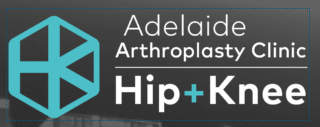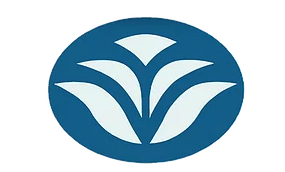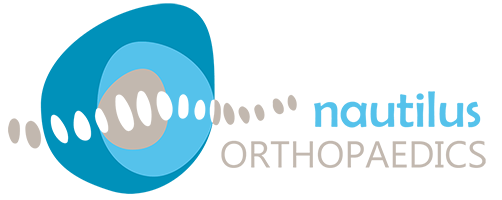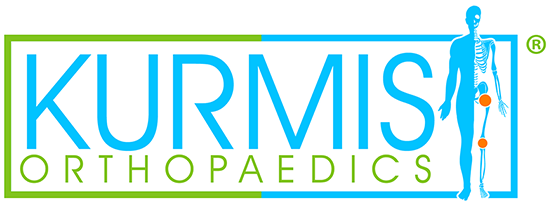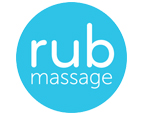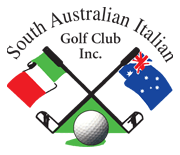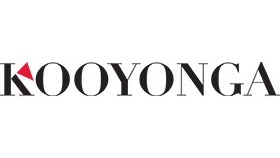Stroke is usually associated with older people, however this is not always the case. Young stroke is defined by a haemorrhagic (bleed) or ischaemic (blockage) stroke which occurs in an individual aged 18-65 years old.
The Stroke Foundation reports that in 2020 there were 27,428 Australians who experienced stroke for the first time in their lives. This equates to one stroke every 19 minutes. More than 445,087 Australians are currently living with the effects of stroke. In 2020, 24% of first-ever strokes occurred in people aged 54 years and under. That equates to approximately 20 strokes per day affecting a young person under the age of 65.
Regardless of age, it is important to recognise stroke and think F.A.S.T
- F 🡪 Face – has their mouth drooped?
- A 🡪 Arms – can they lift both arms?
- S 🡪 Speech – is their speech slurred? Can they understand you?
- T 🡪 Time – time is vital, if you recognise these signs call 000 immediately
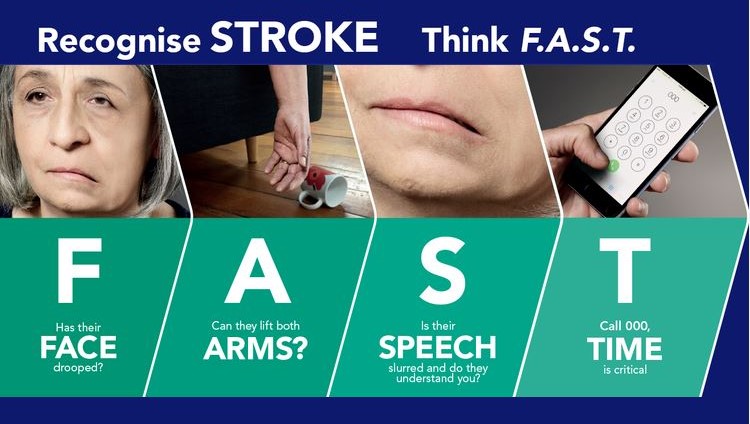
The risk factors involved in young stroke are different in comparison to stroke in older people. Such risk factors for people suffering from young stroke include the use of some types of contraception, pregnancy, patent foramen ovale, aneurysm, blood disorders, cancer, artery dissection (tearing), congenital heart diseases and vascular diseases. Other modifiable risk factors, which are also common for older people suffering from stroke include diabetes, obesity, smoking, hypertension, heart diseases/conditions and high cholesterol. A healthy diet, limiting alcohol intake and smoking and undertaking regular physical activity can reduce your risk of a stroke.
There is currently limited research regarding young stroke and a lack of education and support for young people who experience a stroke. Young stroke can impact relationships, work and study, and can be a life altering event. However, physiotherapy, alongside other allied health professionals including occupational therapists, exercise physiologists and speech pathologists, can assist young people to achieve their goals, return to a ‘normalcy’ of life and participate in family, study and work.
Physiotherapists can work with you or your loved one to create a tailored program to help you reach your goals. Treatment and exercises may focus on improving strength, range of motion, balance, coordination, and walking ability with the prescription of equipment as required. Physiotherapists can also advise on pacing yourself, return to activity, fatigue management and how to adapt to certain activities. We welcome the involvement of family and friends.
Physiotherapists can also advocate for you and any assistance you may need, including any requirements to enter the NDIS for support.
Where can I go for support?
- The Stroke Foundation Young Stroke Project – for more information and to get involved
https://youngstrokeproject.org.au/ - Stroke Foundation
https://strokefoundation.org.au/About-Stroke/Life-after-stroke/Help-after-stroke - Enable Me
https://enableme.org.au/ - Stroke Line 1800 787 653
If you or a loved one is a young person who has experienced stroke, we would encourage you to contact us to discuss how we can support you through your rehabilitation journey.
For more information or to book an appointment, please call The Physio Clinic on 8342 1233.
Written by Claudia McDonald | Physiotherapist (Hospital Coordinator/ Neurological Team) at Prospect and Blackwood






